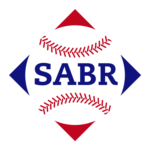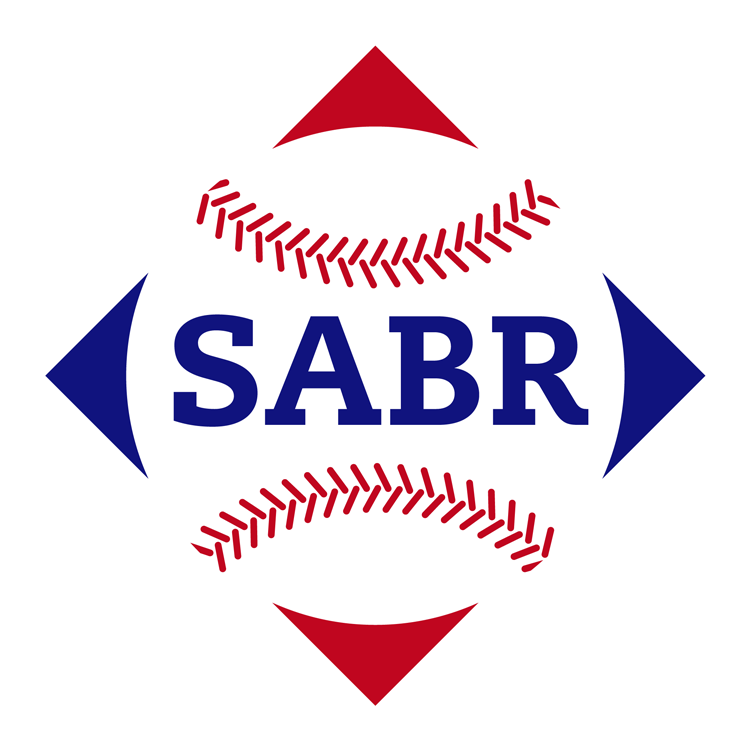Designer: Clay Dreslough
Dice rolls on batter cards. Dice rolls on pitcher cards. Dice rolls for fielding. Dice rolls for ballparks. Dice rolls for special or rare plays. If it sounds like a game that takes two hours to play, well, you’re in for a surprise.
Clay Dreslough is the designer of a computer GM/simulation called Baseball Mogul and within the last few years released a dice and card game called Season Ticket. And to be honest, I think it is one of the best games on the market, So what’s this game got that others haven’t?
I’ve played dozens of baseball games, going back to 1964. Sometimes you feel like a new game is simply an update or improvement on a game that has been around for awhile. In addition, when you have a basic confrontation, as you do between a batter and pitcher, there are limited ways to represent that confrontation. Some games, like Replay or Payoff Pitch, blend a pitcher rating (or result) with the batter’s to get a result. Others work on what is called the 50-50 system, where half the results come from the batter card and half from the pitcher. Season Ticket would lean in that direction, but that’s all it does – lean.
The game is played with one six-sided die and two 10-sided dice. The six-sided die is read first, followed by a while and then blue ten-sider. So results begin at 100 and go through 699. If you roll 100-299 you read off the pitcher card. 300 through 400 rolls send you to the batter card. 500 rolls send you to a player’s fielding rating, and 600 rolls take you to a ballpark card. So the game is actually 33%-33%-17%-17% game.
Not only that, but results on the pitcher card may redirect you to the batter card. This is especially true with strikeouts and walks. Occasionally a roll redirects you to a fielder. There are lefty and righty columns for both batters and pitchers. All told, then, the game does a great job of mixing the location of results.
If the roll is between 500-599, 500-509 takes you to a rare play chart. Rolls from 510 to 599 direct you to a fielder, with the first ten-sided die identifying where the ball was hit. You don’t need to roll again. You can either find the defensive player’s card and easily see the result or use an optional ratings-based system. But from start to finish, the whole play is resolved in one roll. There are times when a batter can challenge a fielder’s arm and another dice roll is needed, but the few tweaks that make up the “advanced” version are easily mastered.
“Deep RF” (or CF or LF) results appear on the batter and pitcher cards. In those cases, you roll the two 10-sided dice and add it to the batter’s power rating. You use the ballpark card and find the result easily. The ballpark card also gives you the information you need to adjust the rolls due to the game-time temperature if weather is your thing.
In short, this is a fun game, well-conceived, and very playable. The group’s Facebook page contains the results of single team season replays and frankly, they are about the best I’ve seen. What’s more, the game is not that expensive. Seasons from 1919 to the present are available as of this writing, and the cost for a PDF download of a season is based on $1 per team. There is a card for every player who made an appearance. Cards come 6 to a page.
But what about the cost of printing? Thankfully I have one of those HP Printers with the special ink plan and I can print a season for a rather minimal amount. I did invest in a higher end cutter that chops 200+ pages at once. While some seasons are available in print form, like many games the cost is getting up there. Just get some good 199gsm paper. Amazon sells perforated stock that has 6 cards to a page, but I have had mixed results with the perforations on the last few batches I ordered. I figured the high-capacity cutter would be better than the aggravation of bad perfs.
Season Ticket is available here: Season Ticket Baseball. You can download the game parts and two sample teams for free. There is an active community on Facebook and occasional posting on the Tabletop Sports forum on Delphi.
Season Ticket has been my #1 game this past year and I don’t see that changing anytime soon. Clay Dreslough has put together a game that has a perfect balance of playability and depth. It belongs on your game table.



Many of those single-team season replays on the Facebook group are mine, and I’ve now played more than 1200 games of Season Ticket over the past two years. Like Peter, I’ve been playing tabletop sims for (ahem) many decades now, so why this one? The simplest way for me to describe the attraction (and the genius) of the design is that it is the best blend of detail and playability I have ever seen; you get all of the chrome – graduated pitcher fatigue, park effects, overthrows, an auto manager for one or both teams if you like, one of the best collection of rare plays in any tabletop sim – in a game that plays smoothly and quick (if you want).
Peter, I agree this is an excellent game and I am playing it often. The simple but properly balanced way plays are directed is nice. The cards are easy to read
printed seasons are not ample and a little expensive ( similar in price to Strat but better quality cards and color is nice).
Thank You for writing about this game
Great game! Has risen to my preferred tabletop baseball game as well. It offers great speed of play while balancing fielding and ballpark effects. Stratomatic looks incredibly clunky by comparison.
Feel free to follow along with my 1919 Season Ticket replay at the blog below – from the blog’s menu, you can also find an index to complete statistical summaries of all of my previous STB replays.
https://dice-and-3b.blogspot.com/
Wow. I’m pleased/shocked/humbled by this article. Thank you for taking the time to describe the game in such detail!
I noticed a small error in the 6th paragraph where it says that rolls of “500-510” take you to the Rare Play chart. Rare Plays only occur on rolls of “500-509”; rolls of 510-599 are defensive checks, with the ‘tens’ specifying the fielder as you correctly noted (1 for pitcher, 2 for catcher, etc.).
Clay – I updated the article to correct the information about the “500” dice rolls. – Derek Bain